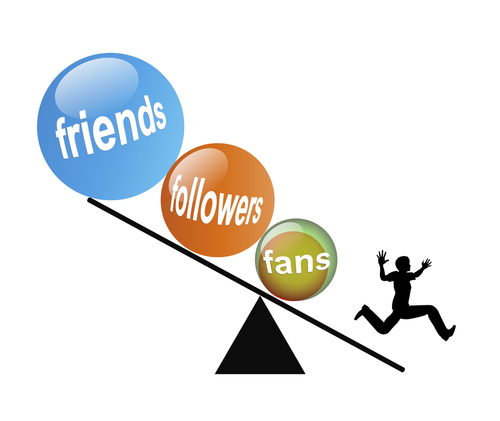Experimental data connects Facebook, Snapchat, and Instagram use to decreased well-being
ANI Nov 15, 2018
We have come across the harmful effects of social media umpteen number of times. A recent study has concluded that the use of social media increases depression and loneliness.

The findings have been published in the Journal of Social and Clinical Psychology. The link between depression and loneliness has been talked about for years, but a causal connection had never been proven. For the first time, University of Pennsylvania research based on experimental data connects Facebook, Snapchat, and Instagram use to decreased well-being. Few prior studies have attempted to show that social-media use harms users' well-being, and those that have either put participants in unrealistic situations or were limited in scope, asking them to completely forego Facebook and relying on self-report data, for example, or conducting the work in a lab in as little time as an hour.
"We set out to do a much more comprehensive, rigorous study that was also more ecologically valid," said Psychologist Melissa G. Hunt Hunt.Each of 143 participants completed a survey to determine mood and well-being at the study's start, plus shared shots of their iPhone battery screens to offer a week's worth of baseline social-media data. Participants were then randomly assigned to a control group, which had users maintain their typical social-media behavior, or an experimental group that limited time on Facebook, Snapchat, and Instagram to 10 minutes per platform per day.For the next three weeks, participants shared iPhone battery screenshots to give the researchers weekly tallies for each individual. With those data in hand, Hunt then looked at seven outcome measures including fear of missing out, anxiety, depression, and loneliness.
"Here's the bottom line," she said. "Using less social media than you normally would leads to significant decreases in both depression and loneliness. These effects are particularly pronounced for folks who were more depressed when they came into the study."Hunt stresses that the findings do not suggest that 18- to 22-year-olds should stop using social media altogether. In fact, she built the study as she did to stay away from what she considers an unrealistic goal. The work does, however, speak to the idea that limiting screen time on these apps couldn't hurt."It is a little ironic that reducing your use of social media actually makes you feel less lonely," she said. "Some of the existing literature on social media suggests there's an enormous amount of social comparison that happens. When you look at other people's lives, particularly on Instagram, it's easy to conclude that everyone else's life is cooler or better than yours."
For one, reduce opportunities for social comparison, she said. "When you're not busy getting sucked into clickbait social media, you're actually spending more time on things that are more likely to make you feel better about your life."Secondly, she added, because these tools are here to stay, it's incumbent on society to figure out how to use them in a way that limits damaging effects. "In general, I would say, put your phone down and be with the people in your life."
-
Exclusive Write-ups & Webinars by KOLs
-
Daily Quiz by specialty
-
Paid Market Research Surveys
-
Case discussions, News & Journals' summaries